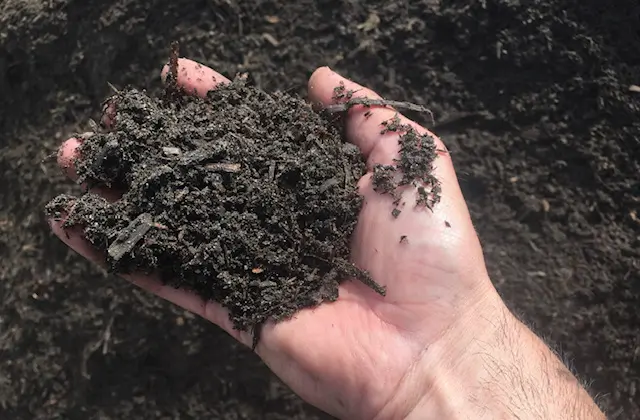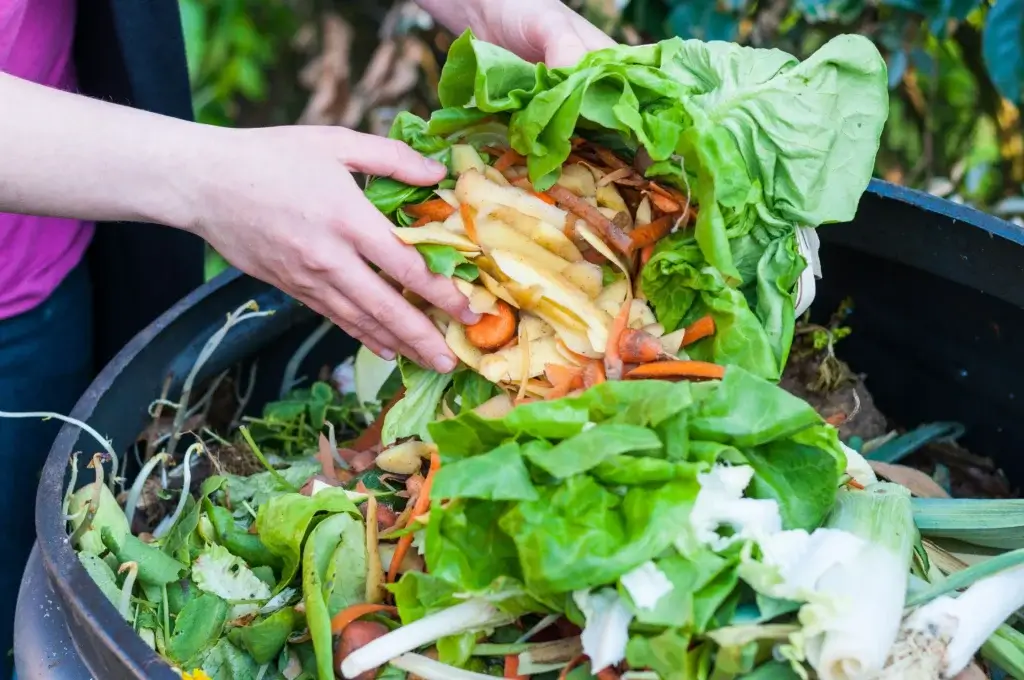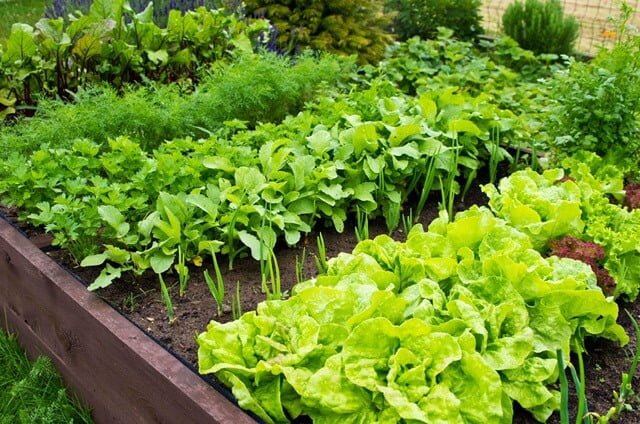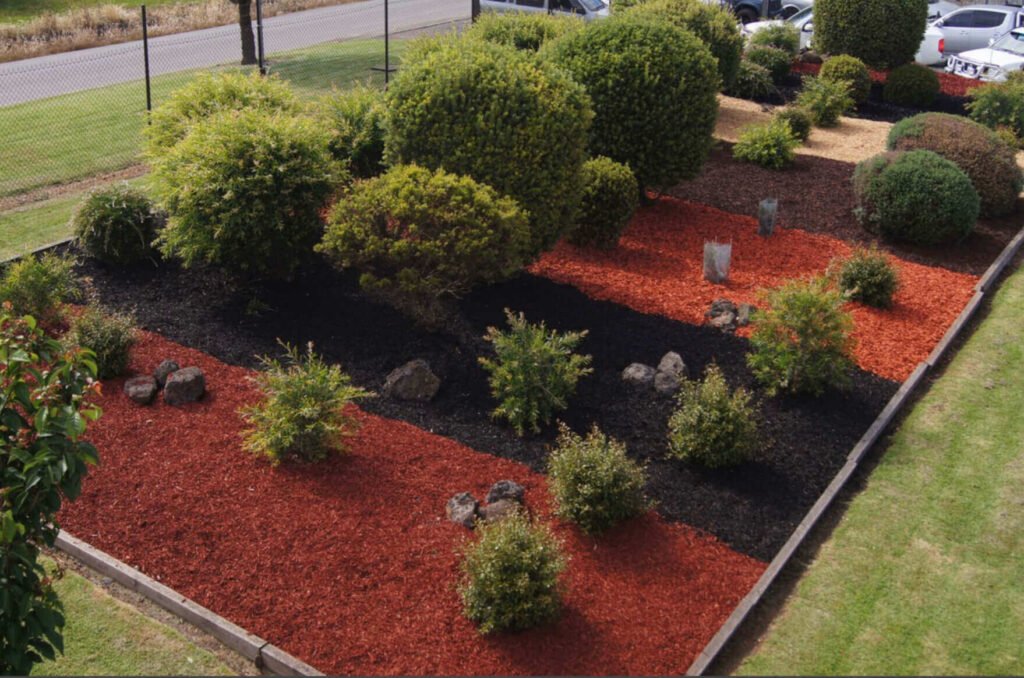No products in the cart.
The Benefits of Composting in Autumn
- April 5, 2023
- Reading Time: 3 minutes
Composting is an age-old method of recycling organic materials such as leaves, kitchen scraps, and yard trimmings into a nutrient-rich soil amendment that can be used to enhance your garden soils. Composting in autumn has many benefits, particularly because the cooler temperatures are ideal for producing quality compost. Autumn is also a great time to start composting because you will have plenty of fall foliage and other plant material available to use in your compost pile.
Advantages of Composting in Autumn
One of the major advantages of composting in autumn is that the cooler temperatures are ideal for producing quality compost. The microorganisms that break down organic material – like bacteria and fungi – thrive in temperatures ranging from 12-25 degrees C, making autumn an optimal time for successful composting.
Additionally, cool weather means slower decomposition which allows more oxygen to reach the microbes, resulting in higher quality compost with rich nutrients.
Another huge advantage to composting during autumn months is having plenty of fall foliage and other plant material available as feedstock for your pile. Autumn leaves are especially abundant this time of year and they contain a high level of carbon which is necessary ingredient when creating a balanced mix in your compost bin or pile. Other materials such as grass clippings and vegetable scraps can also be added to increase nitrogen levels needed for successful decomposition.
Creating the Perfect Compost Pile
The key to making quality compost is to ensure you are using the right materials in your pile and blending them in a balanced manner. When it comes to creating compost, there are two types of material that should be used: “green” (nitrogen rich) materials such as kitchen scraps or grass clippings, and “brown” (carbon rich) materials like leaves or wood chips. Both green and brown components should be added in equal parts for optimal decomposition as too much of one type can inhibit microbial activity and slow down the breakdown process.
Ensuring you have enough nitrogen-rich material is also essential when creating a successful compost pile. For every 2 parts of carbon-rich material, add 1 part nitrogen-rich material such as food waste or manure to create an ideal balance for rapid decomposition.
Make sure all organic matter being added has been chopped up into small pieces which will speed up the rate at which it breaks down in your pile due to increased surface area available for microbes to work on.
Finally, adding moisture throughout the composting process will also help promote microbial activity by keeping temperatures higher than normal levels needed for effective decomposition.
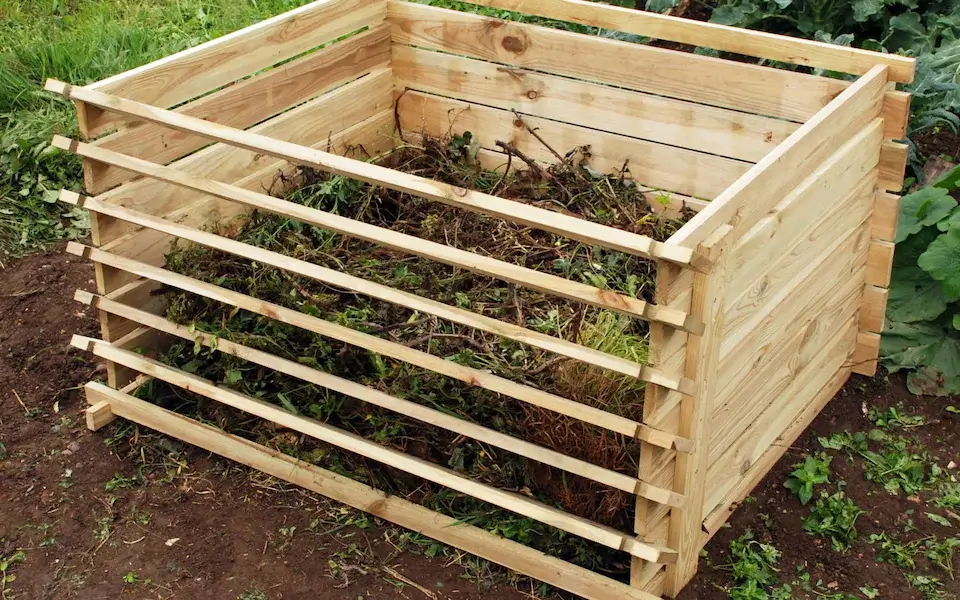
Maintaining the Compost Pile
Proper management of the pile will ensure optimal decomposition and produce quality compost for your garden soils.
Managing moisture levels is essential for successful composting, as too much water will drown out beneficial microbes that help break down organic matter while too little can lead to dry and crumbly material that won’t decompose properly.
In general, a moisture level between 40-60% should be maintained throughout the process by adding water in small amounts when needed or covering piles with tarps during rainy periods to prevent them from becoming saturated.
Aerating your compost regularly helps provide oxygen necessary for microbial activity which speeds up breakdown of materials within the pile. This can be done manually by turning over or stirring contents with a pitchfork every few weeks or using an automated system like tumbling drums which rotate periodically to evenly distribute air into the mix.
Lastly, keeping temperatures at ideal levels throughout the entire process is also key for producing quality compost; this means monitoring thermometers on a regular basis so you can adjust watering schedules if required.
By following these simple steps for maintaining your compost pile during autumn months, you can enjoy all year long healthy soil amendments made from recycled organic materials!
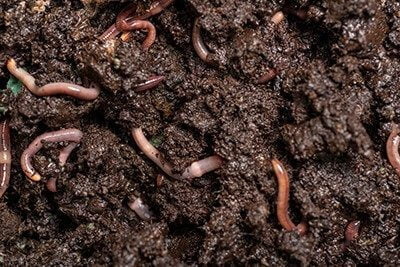
Conclusion
Composting in autumn is an ideal time to create quality soil amendments for use throughout the colder winter months ahead. The cooler temperatures are perfect for fostering beneficial microbial activity and providing oxygen necessary for successful decomposition.
Contact one of our lovely staff members to discuss which compost is the right one for you.


